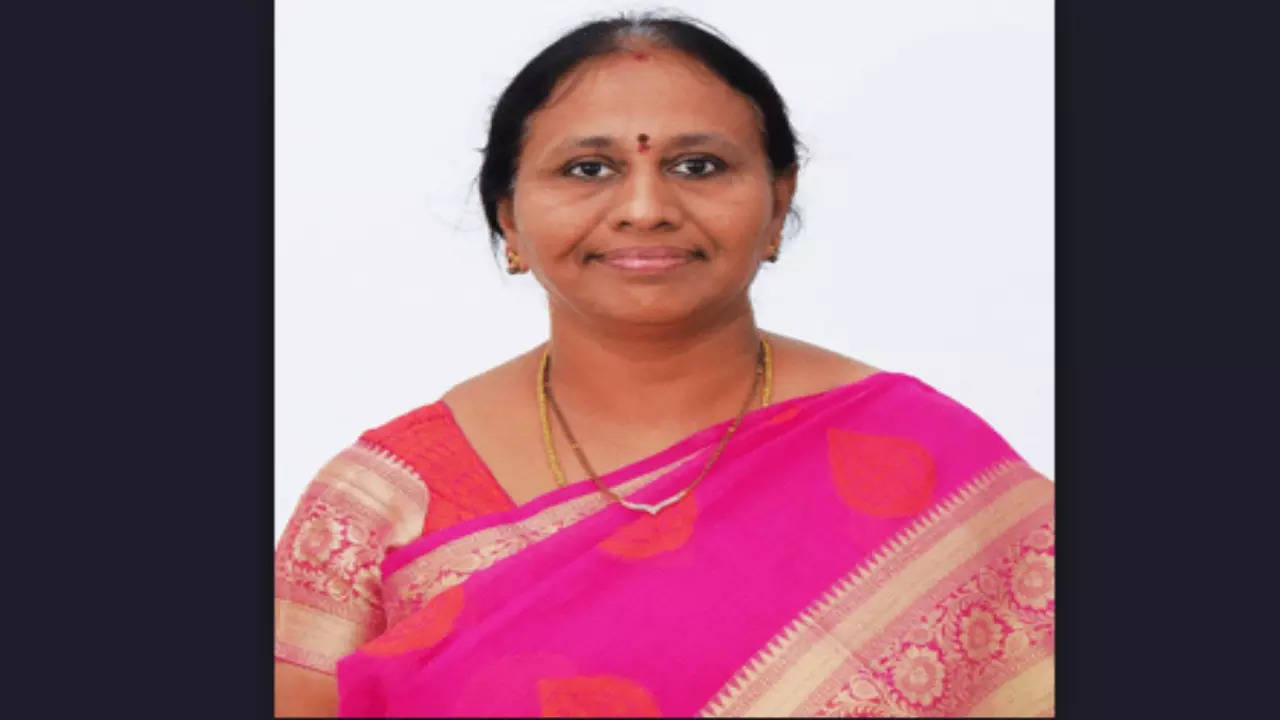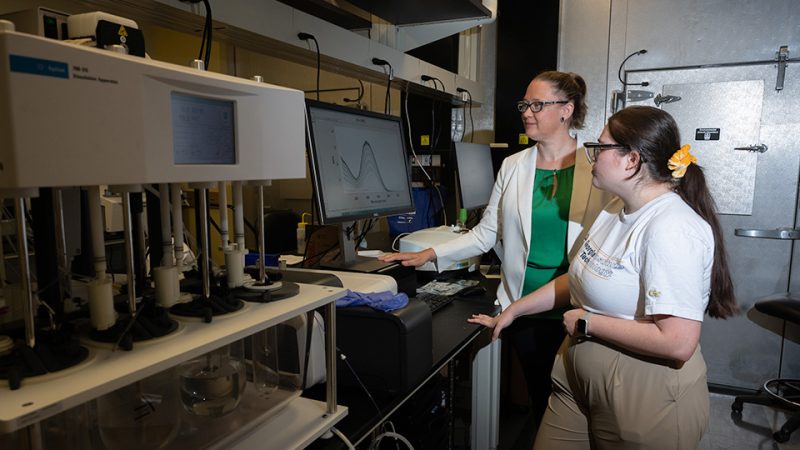Meet Dr. Lomada Dakshayani: A Trailblazer in Cancer Biology and Nanotechnology

Meet Dr. Lomada Dakshayani: A Trailblazer in Cancer Biology and Nanotechnology
Lomada Dakshayani, who works as an associate professor at Yogi Vemana University in Kadapa, is being recognized for her exceptional talent and dedication to research. With 14 years of experience in teaching and 23 years devoted to research, she has significantly contributed to the fields of cancer biology, autoimmune diseases, and nanotechnology.
Starting from her early days at SKR&SKR Women’s Degree College in Kadapa, Dakshayani has worked tirelessly to achieve remarkable success in the scientific community. Her journey showcases her unwavering determination and commitment to excellence. As she continues to advance the boundaries of research, her work offers hope to patients worldwide who are fighting against cancer and autoimmune disorders.
During her time as a post-doctoral fellow at the University of Texas MD Anderson Cancer Center, Dakshayani conducted research focused on developing a vaccine combining peptides from HIV and HPV, using a modified cholera toxin to enhance its effectiveness. Her studies showed significant improvement in immune responses in mice, laying the groundwork for advancements in vaccine development. Her research interests extend to understanding the molecular mechanisms underlying immune system regulation and disease progression. In 2023, she was honoured with the National Teachers’ Day Award.
Dakshayani has also received prestigious awards such as the Raman Fellowship for Post-Doctoral Research in the US and the DST Young Scientist Award. Apart from her research accomplishments, she actively participates in various scientific organisations.
She advocates for the potential of nanotherapy in strengthening the immune system’s ability to fight diseases. By leveraging the complex network of immune cells, she envisions a future where precise targeting of overactive immune responses and cancer cells can be achieved, leading to transformative treatments.





